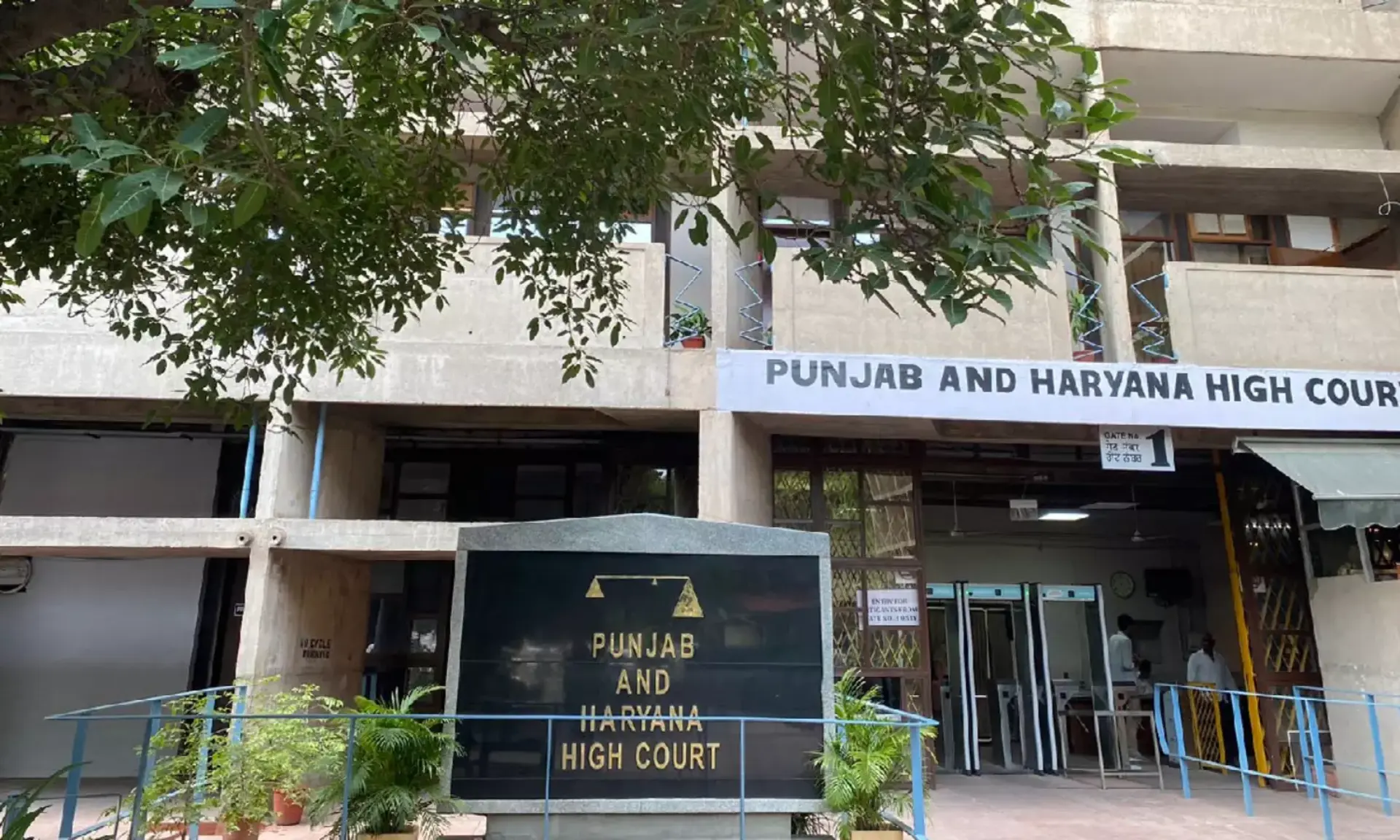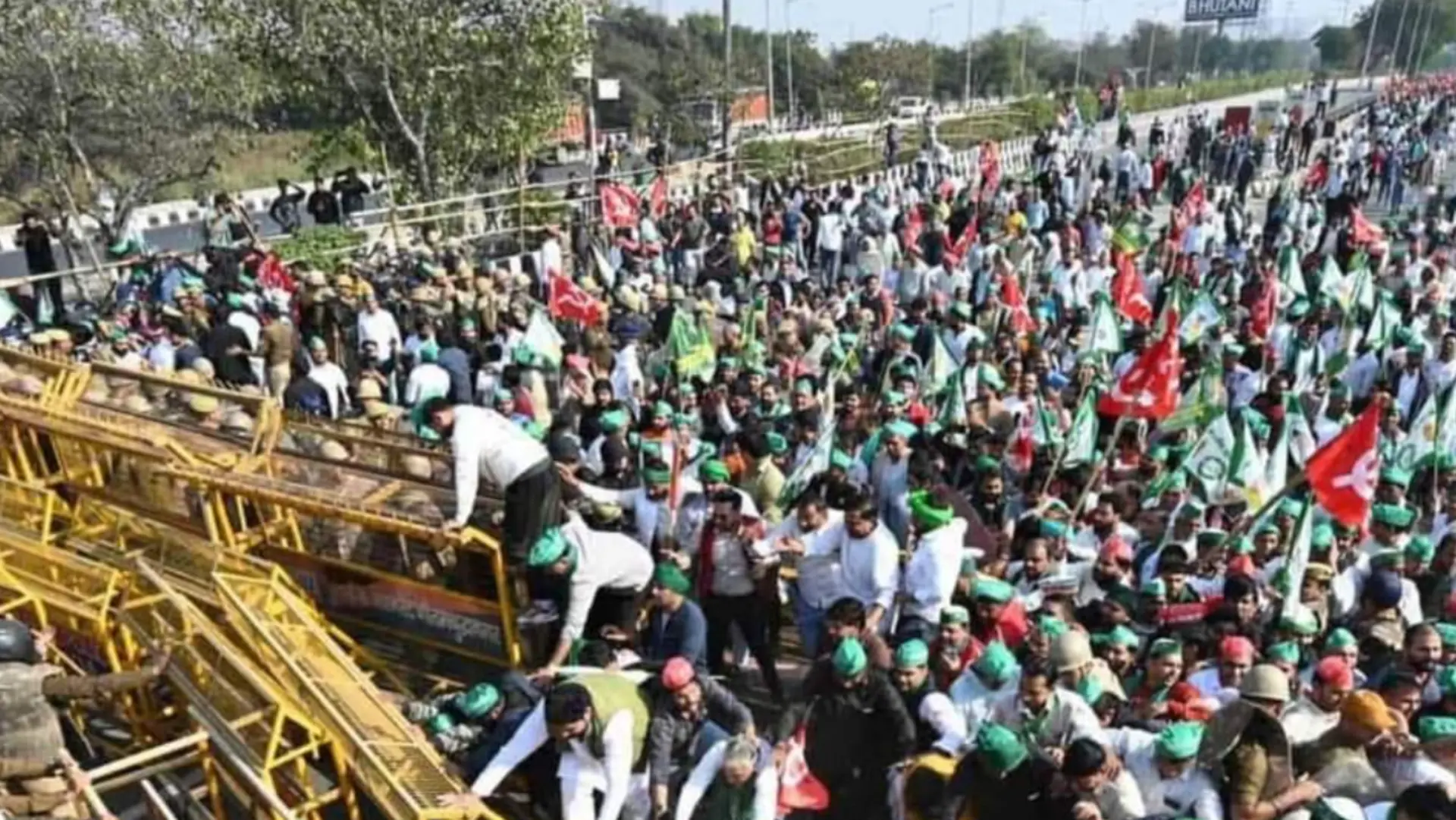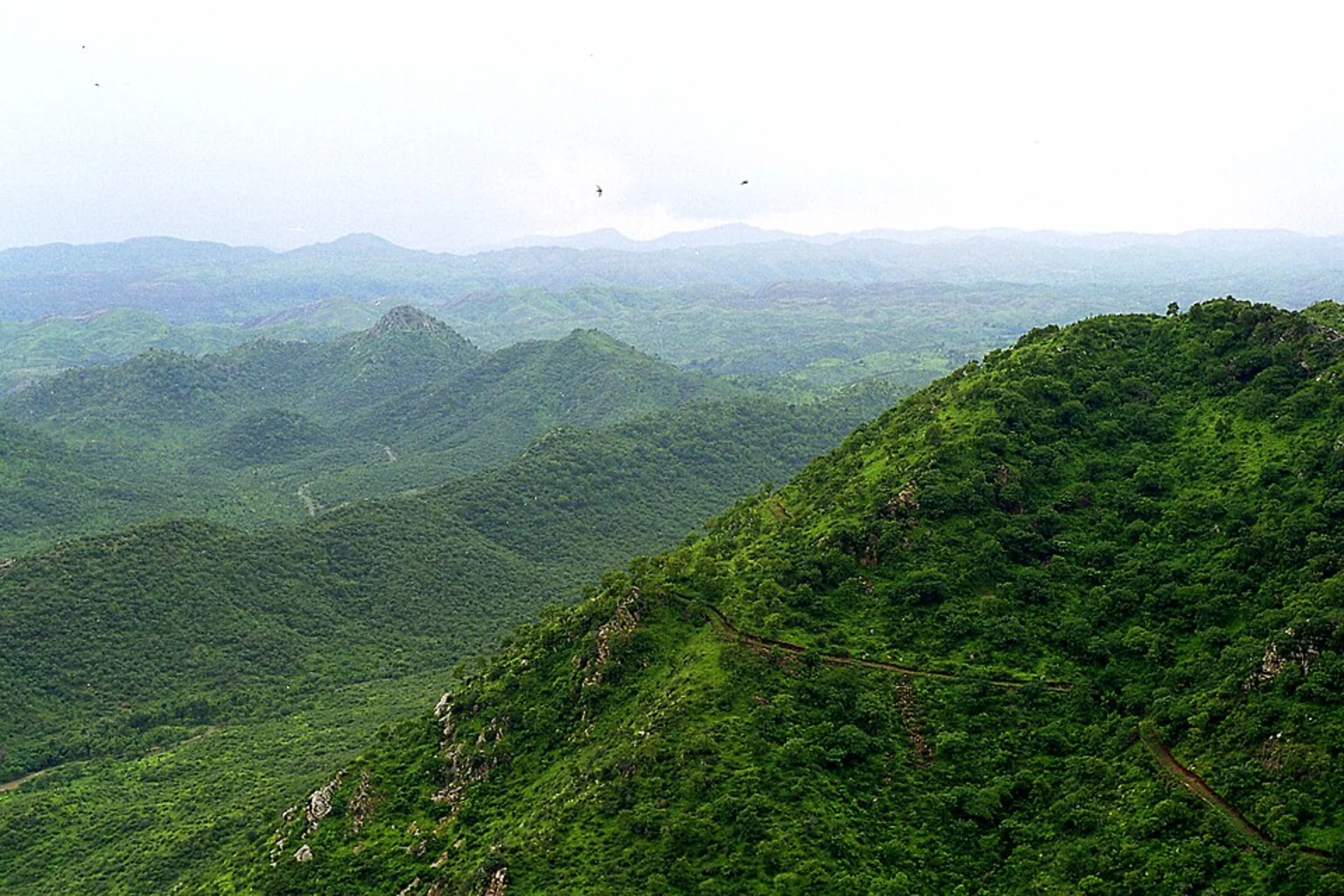
The ongoing farmers' protest has once again reached a critical juncture as Haryana police dramatically intensified security measures at the Shambhu border, effectively blocking farmers' attempts to march to Delhi on December 6th. The border, which has remained sealed since February, has become a battleground of agricultural grievances and governmental resistance.
Heavy Security Measures Take Center Stage
Ambala's senior police officials, including Range Inspector General Sibash Kabiraj and Superintendent Surinder Singh Bhoria, have meticulously planned the border's defense. Multi-layered cemented barricades, strategically placed barbed wires, and water cannons stand as formidable obstacles to the protesting farmers.
Ambala District Collector Parth Gupta issued orders under Section 163 of the Bharatiya Nagarik Suraksha Sanhita, anticipating potential disruptions. "There are inputs suggesting protesters might attempt to gherao Parliament or camp on highways leading to Delhi," Gupta explained, justifying the stringent security protocols.
Farmers' Persistent Demands
The protesting farmers, organized under the Samyukta Kisan Morcha (Non-Political) and Kisan Mazdoor Morcha, are not backing down. Their demands extend beyond a legal guarantee for minimum support prices and include:
- Comprehensive debt waiver
- Pension for farmers and agricultural laborers
- Halting electricity tariff increases
- Justice for victims of the 2021 Lakhimpur Kheri violence
- Reinstatement of the 2013 Land Acquisition Act
- Compensation for families of farmers who died during previous agitations
Delhi Braces for Potential Unrest
Delhi Police have also heightened alert levels, with strategic deployments at border points. Traffic disruptions are anticipated as security arrangements intensify. The police remain vigilant, particularly monitoring developments at the Noida border, where another farmer group maintains a sit-in.
Farmer leader Sarwan Singh Pandher emphasized the peaceful intentions of their march, assuring authorities that they would not block traffic. However, the massive security arrangements suggest authorities are taking no chances.
This standoff represents another chapter in the ongoing struggle between farmers and government authorities, highlighting the complex challenges facing India's agricultural community.












